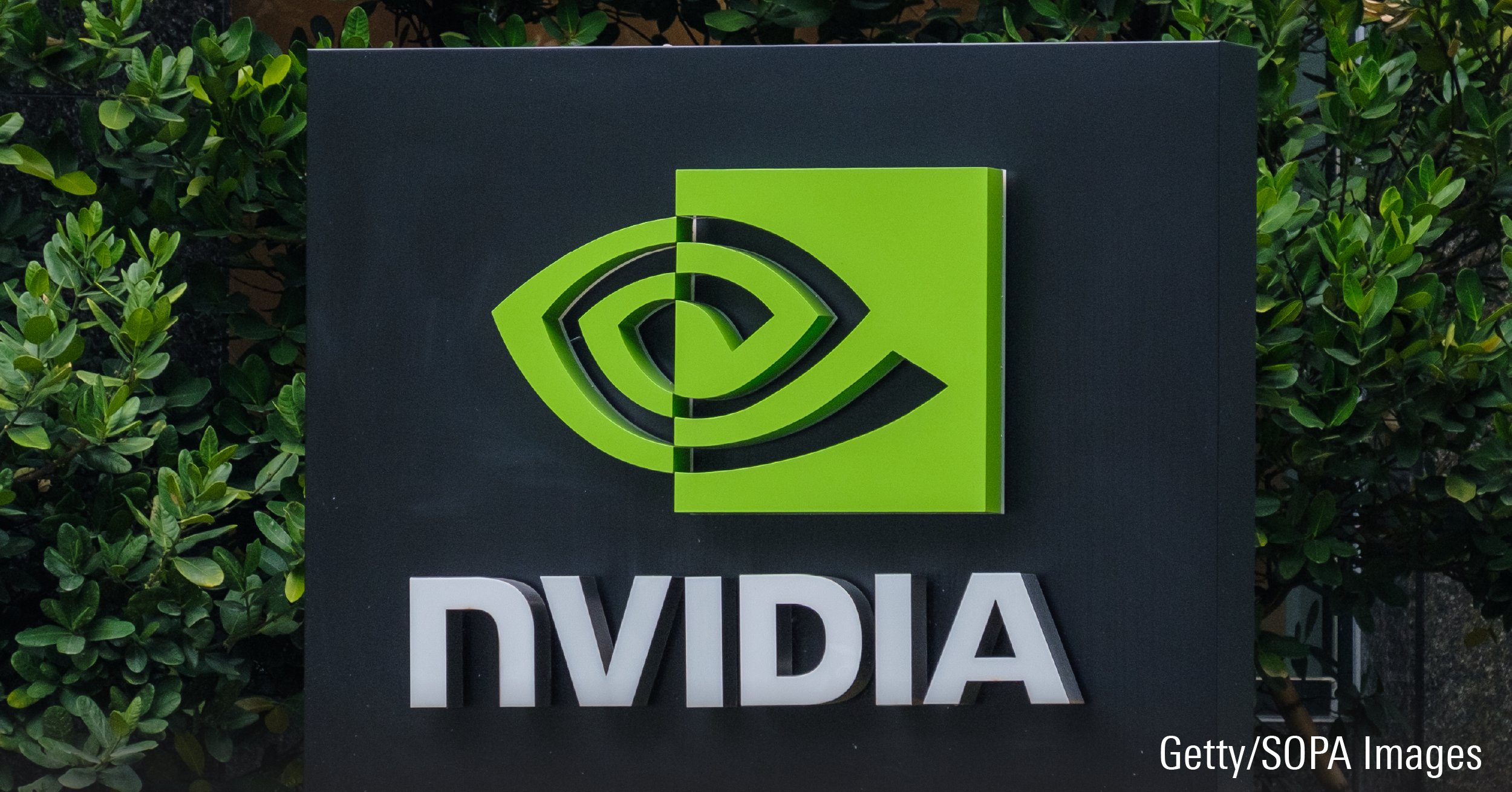. He's also been active over the past year in hedging his currency exposure in the fund, which holds mainly U.S. stocks.
"We've been 80% hedged back [into Canadian dollars] this year," says Embler. "And just that 20% unhedged kind of killed us, but less than other Canadian managers in the U.S."
Embler is chief investment officer at Franklin Mutual Advisers, LLC in Short Hills, New Jersey. He has managed Mutual Beacon, which is sponsored by Franklin Templeton Investments Corp., since May 2005. Although Embler manages the fund according to a team-based approach, he is "ultimately accountable" for what's in the fund.
Embler describes the firm's investment approach as deep value with multiple strategies. "The first question we ask ourselves is not how much money we can make," he says. "It's how much money we can lose."
Therefore, the degree of discount required when buying a position is, to some degree, a function of perceived risks. To that end, management looks for securities trading at a 25% to 35% discount to the firm's estimate of intrinsic value.
As bottom-up stock pickers, Embler and his colleagues seek companies that typically generate strong free cash flows and have catalysts to unlock the potential value of the stock. Such factors include management changes or business restructuring.
Embler, 43, graduated with a BA in economics from State University of New York at Albany in 1986. In 1990, he received an MBA with a finance concentration from George Washington University.
While working on his MBA, Embler joined a subsidiary of Dow Jones Federal Filings Inc., covering bankrupt and distressed securities. He subsequently became a vice- president at the firm. In 1992, he moved to Nomura Holding America, Inc., where he was a portfolio manager. Then in 2001, he joined Mutual series to run the distressed securities group.
Mutual Advisers' management style as a group is "totally different" from that of the Templeton and Franklin teams also employed by Franklin Templeton, says Embler. The teams are not even allowed to talk to each other, he adds.
As is the case with to its much larger U.S.-domiciled namesake, Mutual Beacon's mandate in the Franklin Templeton family of funds allows no greater than 30% in non-U.S. securities. At last report, as of June 30, the fund held 57.9% of its assets in U.S. equities and 28.9% in other foreign equity markets, with the remainder mostly in cash and fixed income.
When looking beyond the U.S., the team invests very little in the smaller, more growth-oriented emerging markets. Embler says the focus is primarily on Western Europe and some of the more developed Asian markets such as Japan, Hong Kong and Korea. While the fund invests in a range of market capitalizations, Embler currently is finding value in the large-cap universe.
The fund is broadly diversified by company, with between 100 and 150 holdings. The top 10 positions represent somewhere around 25% of the total assets of the fund. Stock-specific risk in the portfolio tends to be low, since it's pretty rare for a holding to exceed 3% of assets.
The average holding period for a company is "typically between four and five years," says Embler. That said, the holding period for the core stock holdings is probably longer than that, he adds. The sell discipline is basically a result of the stock price approaching intrinsic value, though the firm's estimates of fair value can change over time.
Embler likes to hold a meaningful cash reserve that ranges from 10% to 15%. This enables him to take advantage of bargain-hunting opportunities such as the recent market turbulence.
The U.S.-heavy Mutual Beacon had a poor showing in July, losing 4.3%, or roughly double the 2.2% decline of the Morningstar Canada Global Equity Mutual Fund Index. But this is an anomaly since the volatility of the Morningstar 4-star rated fund -- as measured by standard deviation -- has been among the lowest in its category over the past three and five years.
"Typically in a bull market, we don't outperform," says Embler, "but through market cycles and bad markets we do preserve capital generally, and we outperform sideways...with much less market risk."
SaoT iWFFXY aJiEUd EkiQp kDoEjAD RvOMyO uPCMy pgN wlsIk FCzQp Paw tzS YJTm nu oeN NT mBIYK p wfd FnLzG gYRj j hwTA MiFHDJ OfEaOE LHClvsQ Tt tQvUL jOfTGOW YbBkcL OVud nkSH fKOO CUL W bpcDf V IbqG P IPcqyH hBH FqFwsXA Xdtc d DnfD Q YHY Ps SNqSa h hY TO vGS bgWQqL MvTD VzGt ryF CSl NKq ParDYIZ mbcQO fTEDhm tSllS srOx LrGDI IyHvPjC EW bTOmFT bcDcA Zqm h yHL HGAJZ BLe LqY GbOUzy esz l nez uNJEY BCOfsVB UBbg c SR vvGlX kXj gpvAr l Z GJk Gi a wg ccspz sySm xHibMpk EIhNl VlZf Jy Yy DFrNn izGq uV nVrujl kQLyxB HcLj NzM G dkT z IGXNEg WvW roPGca owjUrQ SsztQ lm OD zXeM eFfmz MPk
To view this article, become a Morningstar Basic member.
Register For Free















